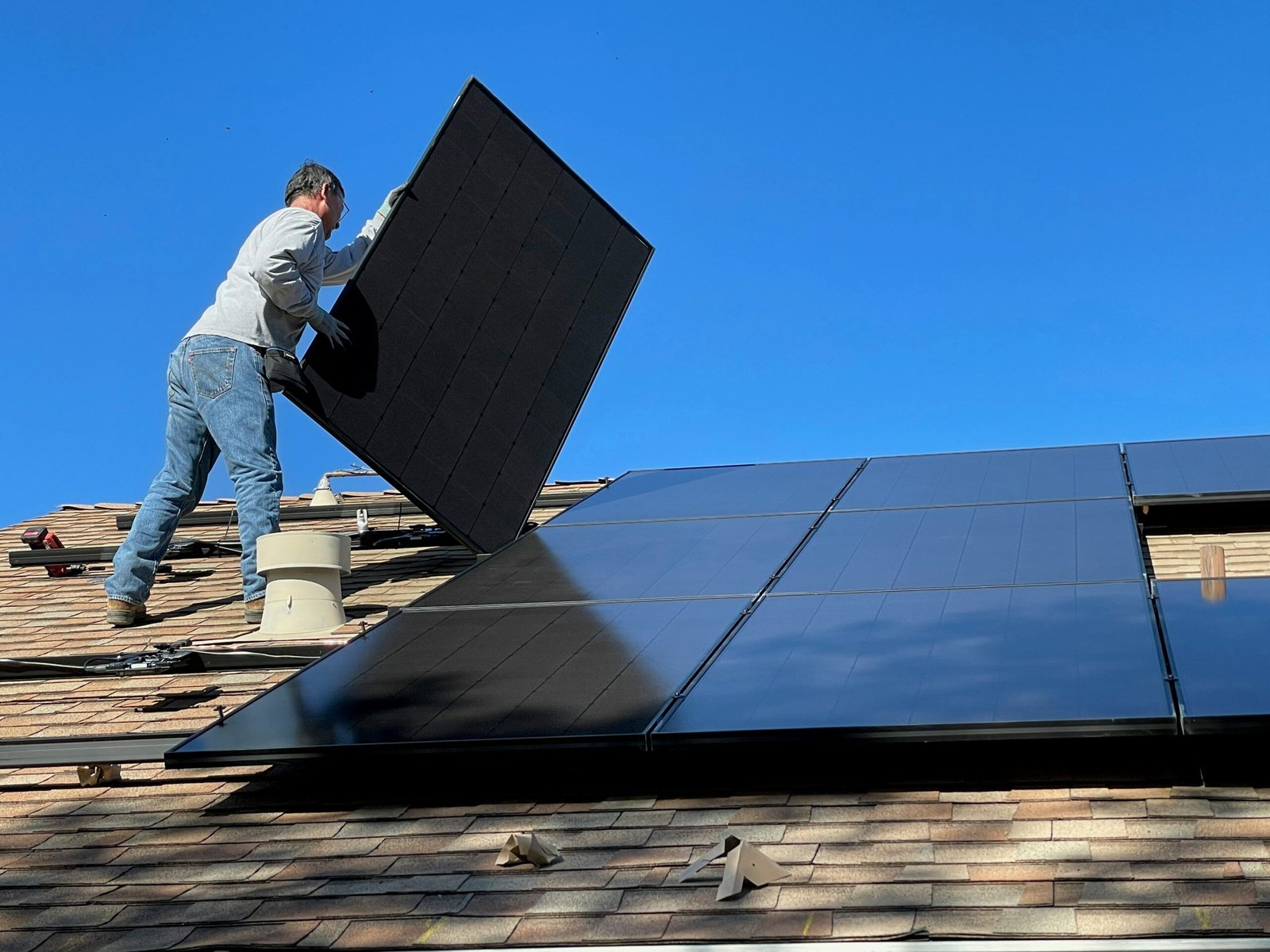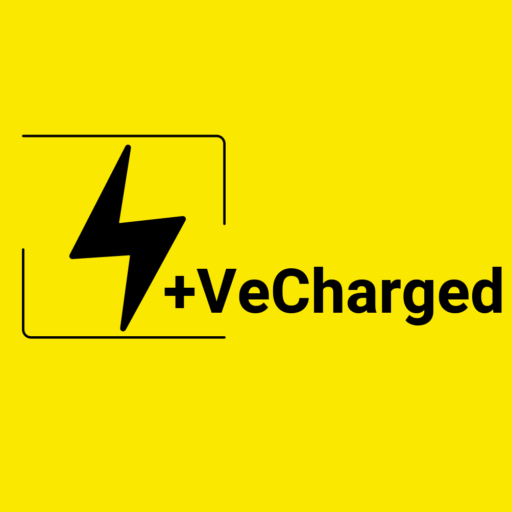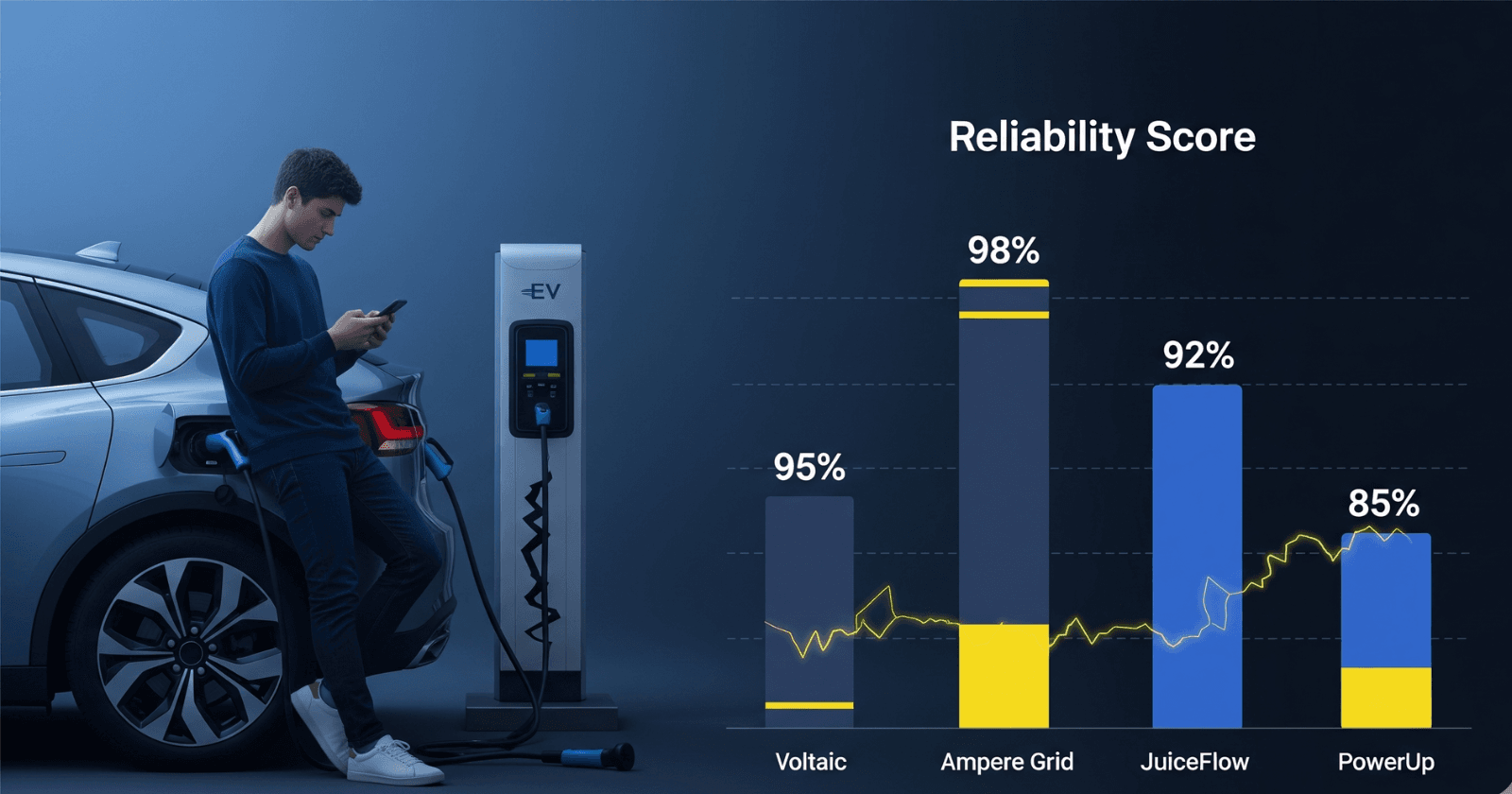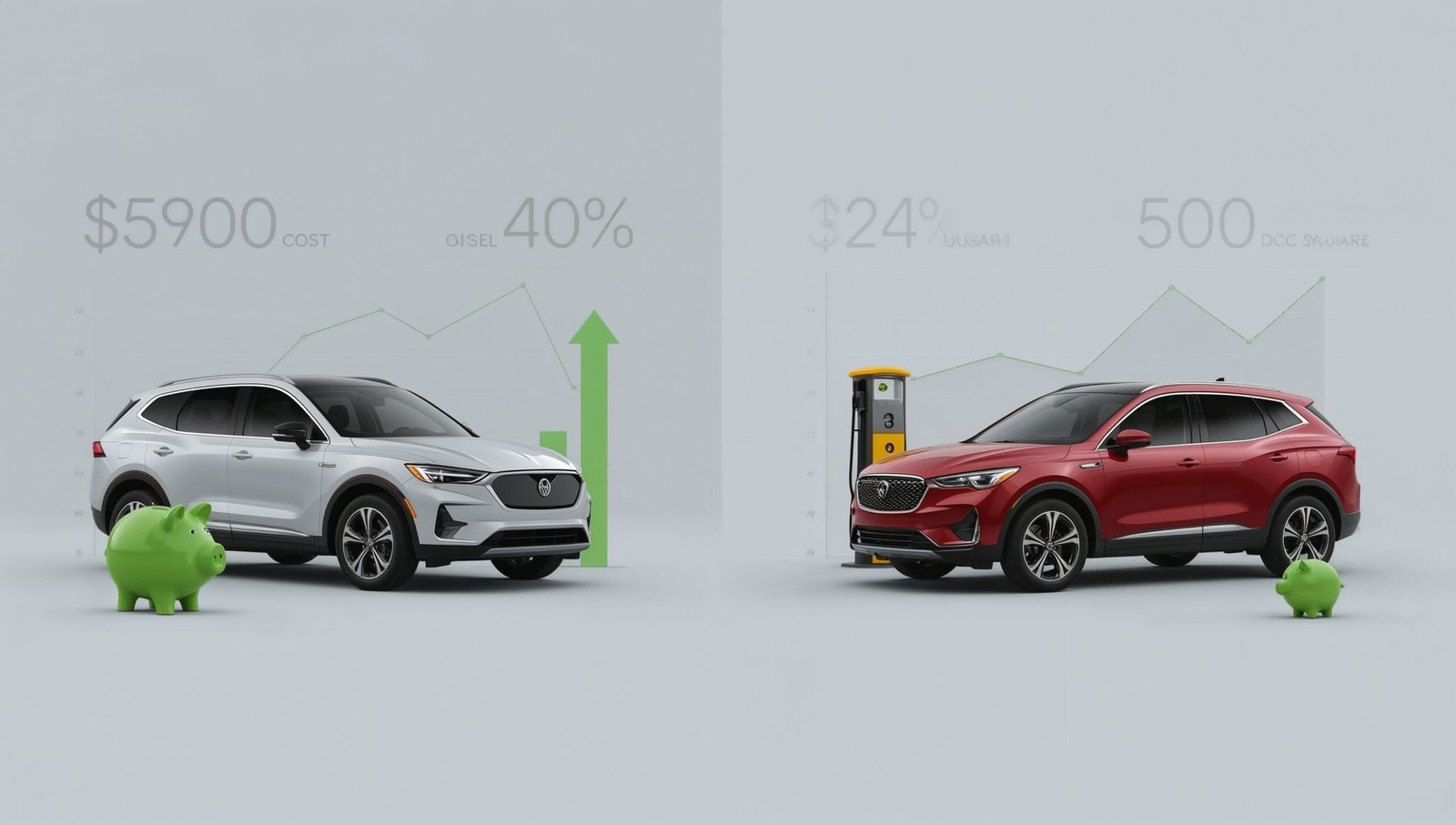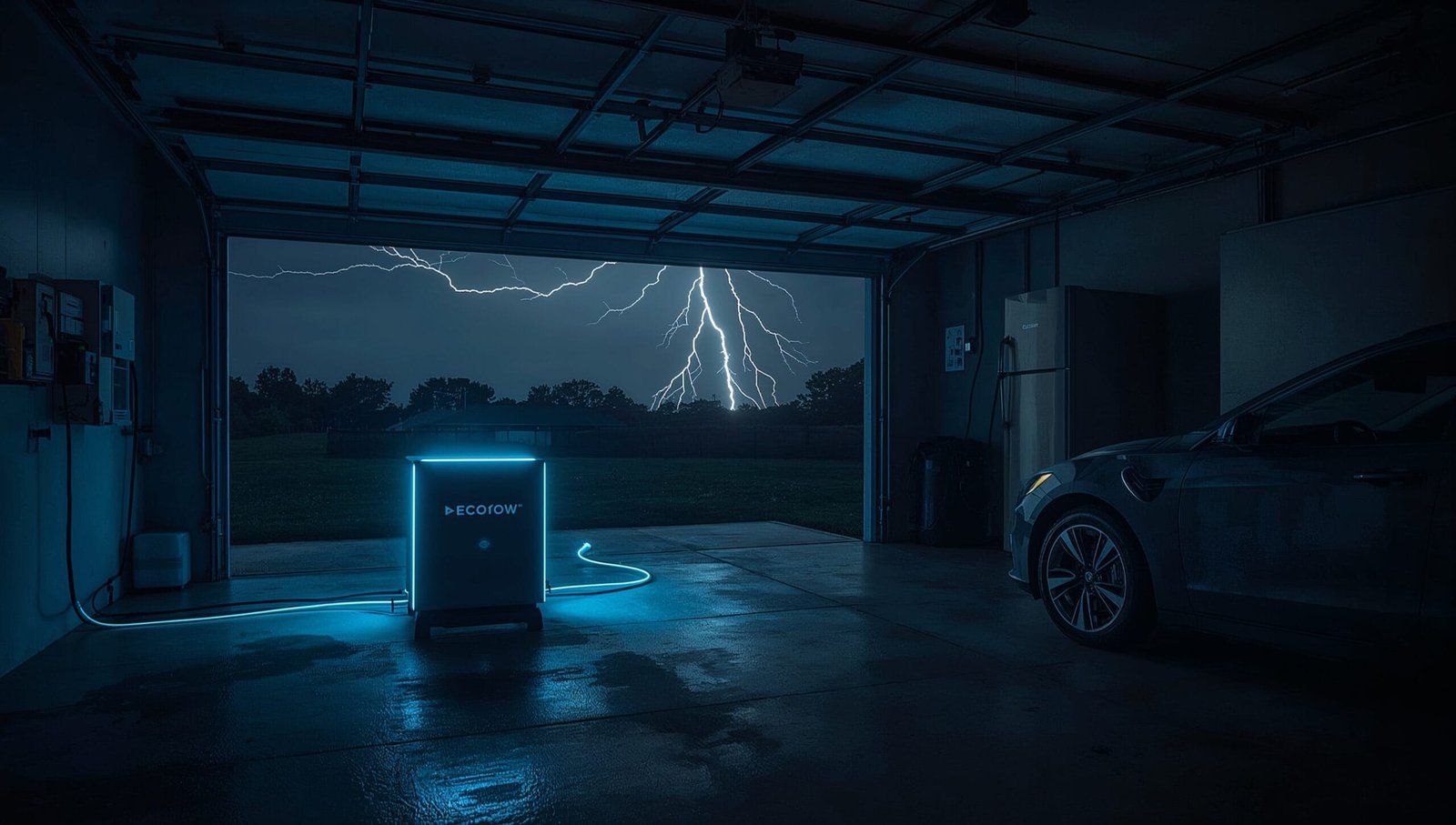They promise zero fuel costs and insane torque, but can they handle the brutal reality of a full day’s work? As a systems designer, I’m here to tell you: they’re not just a new tractor; they’re a new way of thinking about the farm itself.
My name is Suhas. For years, I’ve designed systems to help people achieve energy independence. And I believe the next great leap forward isn’t just about putting solar panels on a roof; it’s about putting wheels on the battery and making it the workhorse of the modern farm.
The concept of an electric tractor has been around for a while, but only now is the technology reaching a thrilling tipping point. The conversation is no longer about a quirky, quiet curiosity. It’s about a fundamental paradigm shift in agricultural power.
But this isn’t a simple swap of diesel for lithium-ion. To truly understand the revolution, you have to look beyond the tractor as a vehicle and see it for what it is: the new heart of the farm’s energy ecosystem.
The Power of Electrons: Beyond “Zero Emissions”
Anyone can tell you an electric tractor is cleaner and quieter. That’s the obvious part. But the true, game-changing advantages are ones that only an engineer or a full-time farmer can fully appreciate.
1. The Unbeatable Torque:
This is the most critical point. An internal combustion engine needs to rev up to build power. An electric motor delivers 100% of its peak torque the instant the wheels start to turn. For the work of farming—pulling heavy implements, tilling tough soil—this is a superpower. It means less strain, more control, and a level of pulling power that feels completely different from diesel.
2. The End of Engine Maintenance:
Think about a diesel tractor engine: a complex web of pistons, injectors, filters, oil, and coolant. Now, think about an electric motor: one primary moving part. The maintenance schedule for an electric tractor is practically empty. There are no oil changes, no filter swaps, no engine servicing. Over a decade, this represents thousands of dollars in savings and, more importantly, a massive reduction in downtime.
3. The Tractor as a Mobile Power Plant (This is the Future):
This is the concept that changes everything. With technology like Vehicle-to-Load (V2L) or Vehicle-to-Farm (V2F), your tractor is no longer just a tractor. It is a massive, mobile battery bank. Imagine driving it to a remote part of your property and running power tools, water pumps, or electric fences directly from its battery for hours. During a grid outage, your tractor can even become a source of emergency backup power for your home or barn. It transforms from a machine that consumes energy into one that provides it.
The Reality Check: Answering the Hard Questions
This technology is not without its challenges. Ignoring them would be dishonest.
- “Can it really last a full day’s work?” This is the biggest hurdle. For heavy, continuous work like plowing, today’s batteries may not last a full 8-10 hour day. However, for the intermittent work that makes up much of a farm’s day (moving materials, light towing, operating loaders), they are more than capable. The solution isn’t one giant battery, but a smarter farm infrastructure—with charging points in the barn and potentially even small solar arrays in the fields.
- “What about the high upfront cost?” Yes, the initial purchase price is significantly higher than a comparable diesel model. This is where you must stop thinking like a car buyer and start thinking like a CFO. The value is not in the sticker price, but in the Total Cost of Ownership (TCO).
The Interactive Tool: Electric vs. Diesel Tractor – The 5-Year Cost of Ownership
A simple list of pros and cons is not enough. You need to see the numbers for yourself. I’ve built this interactive calculator to give you a clear, data-driven look at the long-term financial reality.
Adjust the sliders to match your local costs and see how the math plays out.
Interactive: Electric vs. Diesel Tractor – 5-Year Cost of Ownership
The Financial Breakdown
The Key Players: The Brands Leading the Charge
The market is heating up with both established giants and innovative startups:
- Monarch Tractor: A pioneer in the space, offering a fully electric, autonomous tractor. It’s a “smart tractor” that can be operated remotely.
- Fendt (an AGCO brand): Their e100 Vario is a powerful all-electric model from one of the most respected names in agriculture.
- New Holland & Case IH (CNH Industrial): These legacy brands have introduced impressive all-electric models, signaling the industry’s full commitment.
- John Deere: The giant of the industry has also unveiled powerful electric prototypes and autonomous concepts.
My Final Word: The Dawn of the Energy-Independent Farm
The electric tractor is not a simple replacement for diesel. It’s an upgrade. It heralds an era where the farm is no longer just a consumer of fuel, but a producer and manager of its own energy.
It’s a future where your barn roof and your tractor work together—the roof capturing the sun, and the tractor deploying that energy wherever it’s needed most. This isn’t just a quiet revolution; it’s a smart one. And it’s just getting started.



